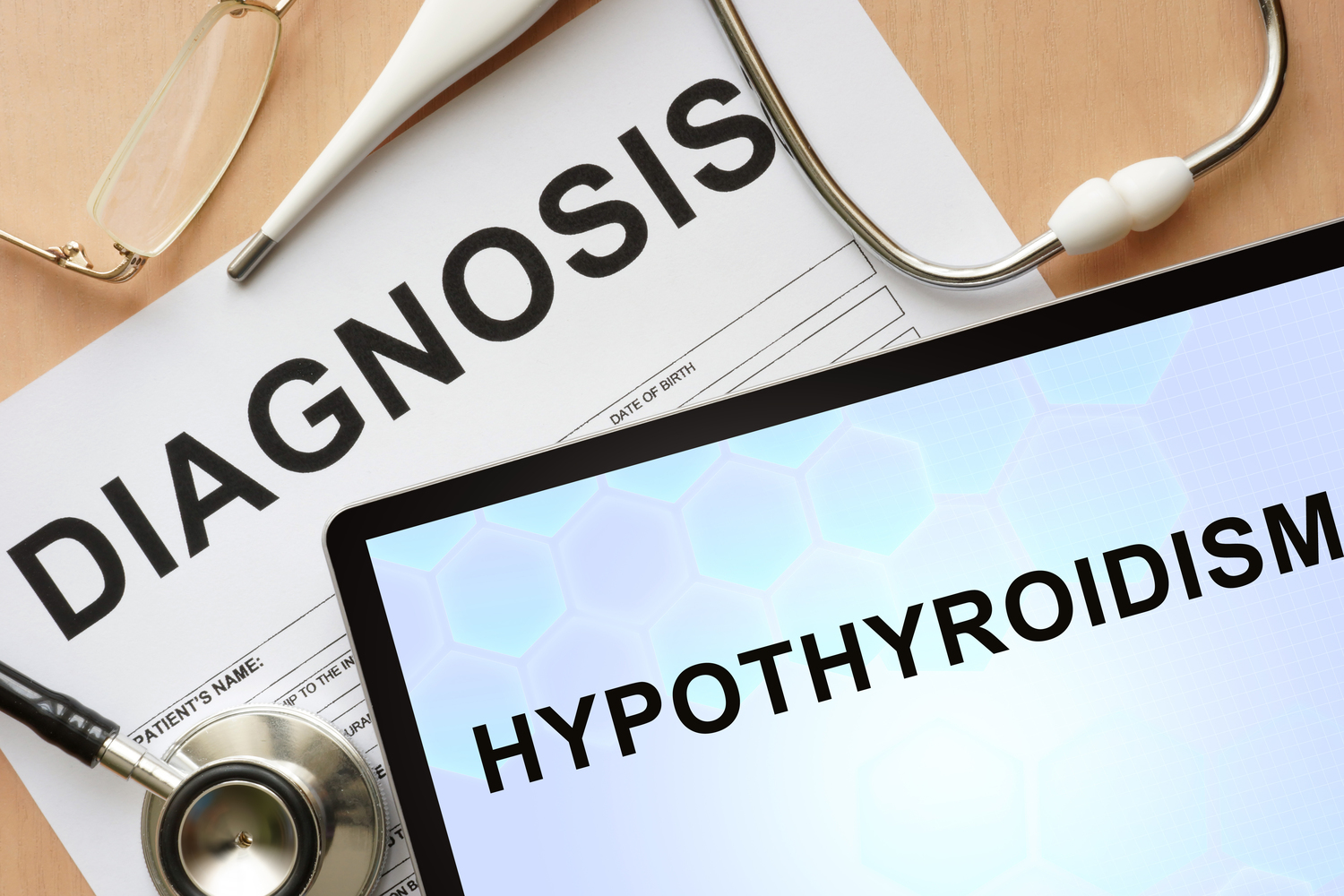
Hypothyroidism – Causes and Symptoms
When the body doesn’t produce enough thyroid hormones, hypothyroidism occurs. A small, butterfly-shaped gland, the thyroid sits at the front of your neck. The hormones released by the thyroid gland help the body to regulate and use energy. Hypothyroidism is more prevalent in women than men and commonly affects women above the age of 60. However, it can begin at any age. It is usually detected through blood tests done on a routine basis. While the estimates may differ, approximately 10 million people in the country are likely to get affected by this common medical condition. In fact, as many as 10% of women may already show some degree of thyroid hormone deficiency. It is therefore important to know about the causes, symptoms, and types of thyroid disease.
If you’ve been diagnosed with this disease, then your doctor must have briefed you on the causes, symptoms, and types of thyroid disease . It is important to know that the treatments are safe, simple, and effective. These treatments usually supplement your low thyroid levels with artificial varieties. What your body is not able to produce naturally will soon get replaced with the supplements, getting the body back to normal.
Here are some common causes of hypothyroidism that we should know:
Autoimmune disease
The immune system is designed to protect the body’s cells against bacteria, viruses, and other foreign cells. But when these enter the body, your immune system responds by sending out fighter cells to destroy them. Sometimes, the body confuses between invading cells and healthy ones. This is called an autoimmune response. If this autoimmune response is not treated, the immune system can attack healthy tissues leading to serious medical issues such as hypothyroidism.
Surgery for thyroid cancer
Treatment of many thyroid conditions warrants surgical removal of a portion of the thyroid gland. If the remaining part of the thyroid gland is not able to meet the hormonal requirements of the body, hypothyroidism may develop.
Goiters
Similarly, goiters and some other thyroid conditions can be treated with radioactive iodine therapy. In radioactive iodine therapy (for benign conditions), the objective is to kill a portion of the thyroid to prevent goiters from growing larger or producing too much hormone, which can further lead to hypothyroidism.
Pituitary gland
There are other rare causes, one of which is when the thyroid gland is completely normal but is not capable of producing adequate hormones owing to issues in the pituitary gland. If the pituitary does not produce enough TSH (thyroid-stimulating hormone), then the thyroid simply does not have the “signal” to make hormones.
Symptoms of hypothyroidism:
- Fatigue
- Depression
- Muscle weakness
- Decreased sweating
- Slowed heart rate
- Elevated blood cholesterol
- Constipation
- Feeling cold
- Dry skin
- Weight gain
- Pain and stiffness in your joints
- Dry, thinning hair
- Impaired memory
- Fertility difficulties or menstrual changes
- Muscle stiffness, aches, and tenderness
- Hoarseness
- Puffy, sensitive face
Being aware of the causes, symptoms, and types of thyroid disease can help to detect symptoms early. If you notice any symptoms, you must talk to your doctor at once. You may also need to seek advice from your endocrinologist. However, each patient may have varying degrees of severity when it comes to dealing with this hormonal disorder.



